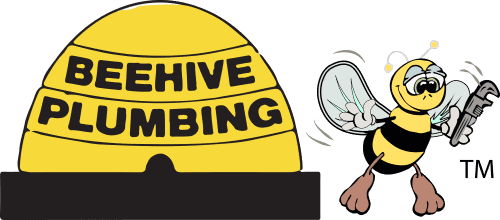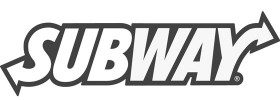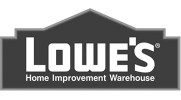Leaking pipes can lead to damage to walls and floors and could lead to the development of mold that is harmful to your family’s health. The good news is that there are several steps you can take to prevent leaking pipes in your home or business, thus avoiding costly repairs down the road.
Don’t Use Your Pipes for Anything Else
While it may be tempting to use those exposed pipes to hang your winter coats the rest of the year, doing so increases the pressure on pipe fittings. When these fittings face pressure from outside the pipe, they can loosen and cause leaks.
Remove Hoses in Winter
Water that remains in hoses can freeze in winter, with this freezing backing into the pipe and causing an ice blockage. Ice causes extreme pressure on pipes, and an ice blockage can lead to cracks or burst pipes. Protect yourself by removing your hose from the spigot, and you can go a step further by replacing the regular bibs on your outdoor spigots with the frost-free variety.
Insulate Your Pipes
Insulating pipes is one of the most important way to protect them, and the costs of this insulation are very low. Pipes in colder parts of your house, such as the basement, should have insulation protection. Insulate pipes in cabinets under sinks, and don’t forget to protect the pipes in areas you don’t visit often, such as crawl spaces, garages, and attics.
Treat Your Water
Many areas of the country have what is known as “hard water” with high levels of magnesium or calcium that limit the lifespan of pipes. Mineral buildup from hard water can corrode your pipe fittings and restrict the flow of water. The resulting pressure from restricted water flow can cause pipe damage, resulting in costly leaks. Water softening systems, such as those offered by Beehive Plumbing, help remove these minerals to take the pressure off your pipes.
Limit Storage in Cabinets With Pipes
It seems natural to use storage space under sinks in bathrooms and the kitchen to hide away cleaning supplies, garbage bags, and other household items. These piled up items bang against pipes and may loosen the drain or pipe fittings. If you overload these areas you are putting yourself in danger of causing leaks that are hard to spot and that can lead to further damage.
Check Regularly For Leaks
One of the most expensive outcomes of leaking pipes may not be fixing the pipes themselves, but rather fixing the damage done to walls and floors. The pipes themselves also start to corrode more quickly once there is a leak, turning what might have been a small problem into a larger one that might lead to flood damage. Explore your home often, checking the pipes themselves for damage. Inspect your walls and floors for signs of water damage, and if you spot it, trace it back to its source immediately. What may be one small spot of water in one room might lead you back to a larger problem in the wall or in another part of your home.














